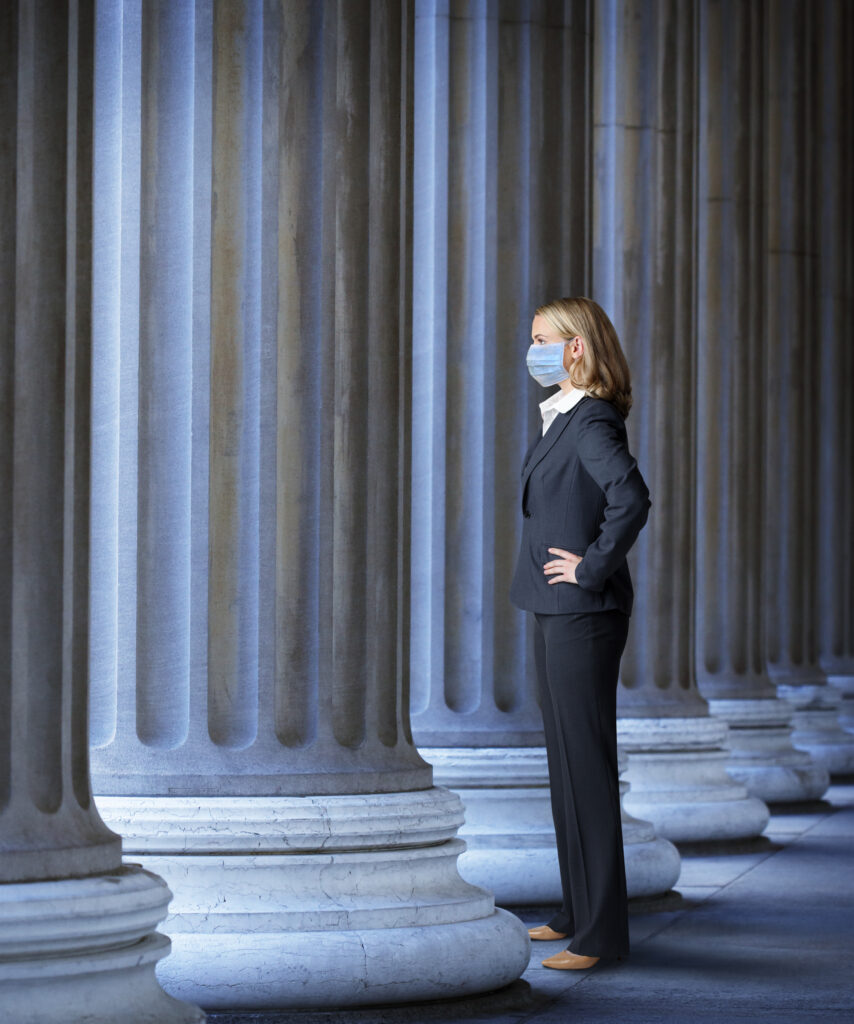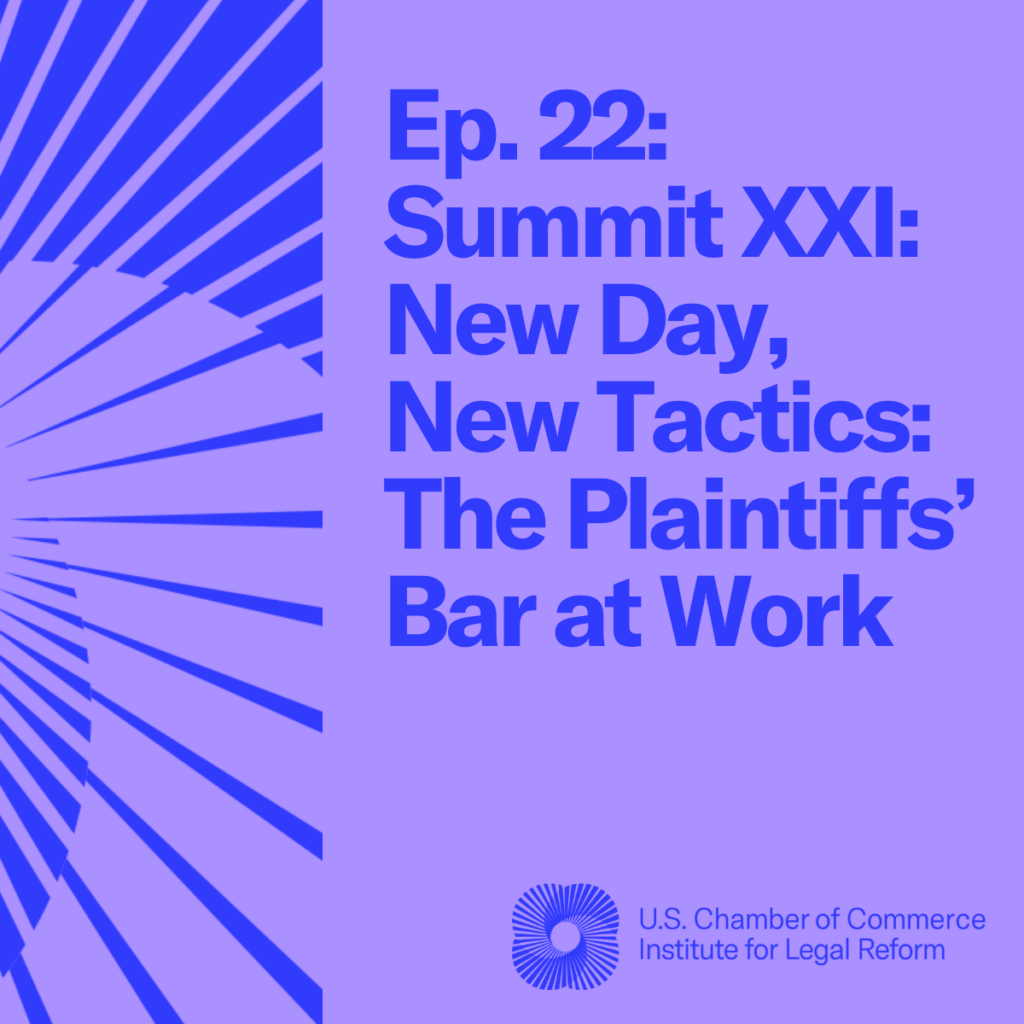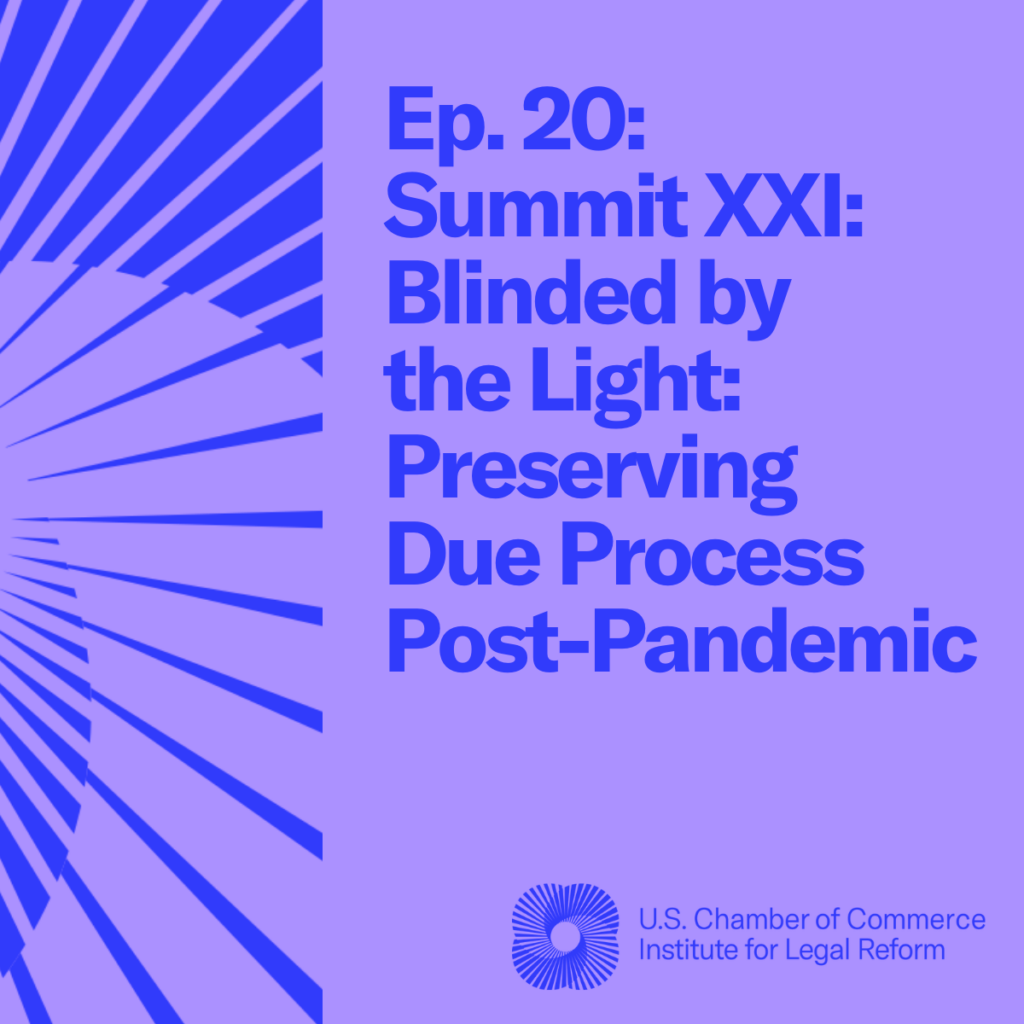Over the past two years, Americans and the business community have worked together to get through the COVID-19 pandemic. This historic health crisis created new legal questions, such as whether businesses, schools, and nonprofits should face COVID-19 related liability even when they follow public health guidelines in good faith. ILR’s answer to that question was “no.” So we advocated, alongside state partners, for timely and targeted liability protections against excessive pandemic-related lawsuits across the country to ensure fairness for frontline professionals and services and to support a safe and effective economic recovery from the pandemic. As a result, 43 states provided some form of COVID-19 liability protection.
About a year ago, Texas passed SB 6 to extend liability protections to health care providers and businesses from COVID-19 related lawsuits. But has the bill helped prevent an influx of unwarranted and disruptive COVID-19 lawsuits in Texas, specifically around health care and premises liability? According to an article published by the Texas Civil Justice League, the answer is yes.
The Texas Civil Justice League is confident the state would see many more lawsuits against hospitals and more lawsuits targeting essential businesses that needed to operate during the pandemic if this legislation was not implemented. Medical professionals were completely overwhelmed during the height of the pandemic, and essential businesses faced supply chain disruptions, exponentially increased demand, and heightened sanitation requirements. For these individuals and businesses to face the threat of numerous COVID-19 related lawsuits would have hindered the quality of care and production of resources the world needed to heal and get past peak pandemic. Liability protections were an essential ingredient that helped the economy and these critical services operate without the massive uncertainty and expense of lawsuits.
While may states extended liability protections, some had what are called “sunset” provisions. This means they assumed an end date to the pandemic, at which point the protections needed to be renewed or they would expire. An important component of SB 6 is that Texas’s legislation will not expire until the governor terminates the state of emergency. In addition, SB 6 will apply to future pandemics. While we all hope that doesn’t happen, SB 6 provides an important safeguard for Texas businesses.
Despite the protections from SB 6, the plaintiffs’ bar continues seeking out and filing COVID-19 lawsuits in Texas. Most of these lawsuits seem to be employee claims against employers, but health care and tort claims have been filed as well. SB 6 has given Texas courts the proper tools to handle these lawsuits, and the reduced number of lawsuits has helped control what could have been an overflowing docket.
Early in the pandemic, ILR released a research series on COVID-19, including our ILR Briefly: Liability Overview, which examined the primary types of litigation that had emerged from the pandemic, including labor and employment issues that continue to be the leading type of claims in Texas. You can also find the rest of our ILR Briefly research series on COVID-19 regarding State Liability Problems and Solutions and COVID-19 and Court Procedures on the ILR website.
As we get back to normal, ILR will continue to advocate for liability protections that make available the resources people and businesses need to combat the pandemic and contribute to a thriving economy.



